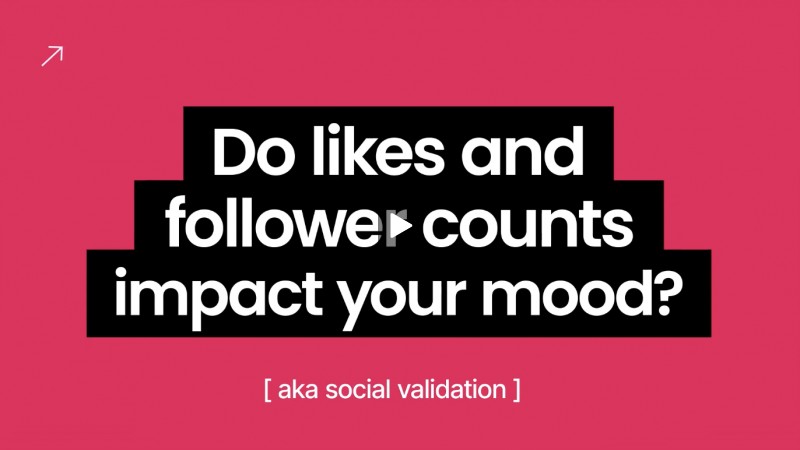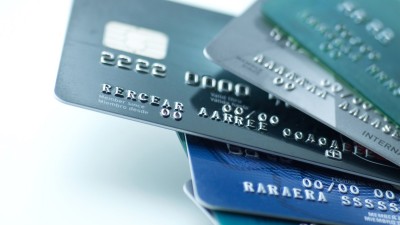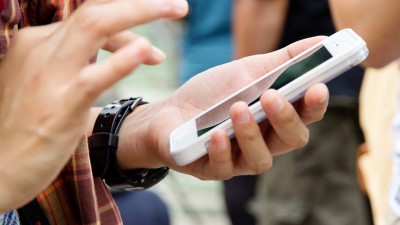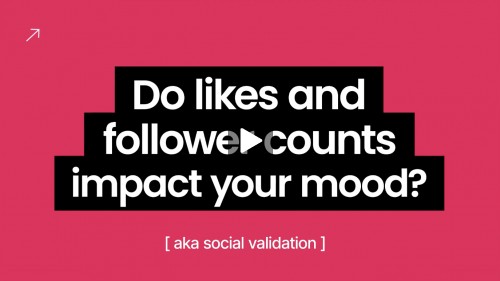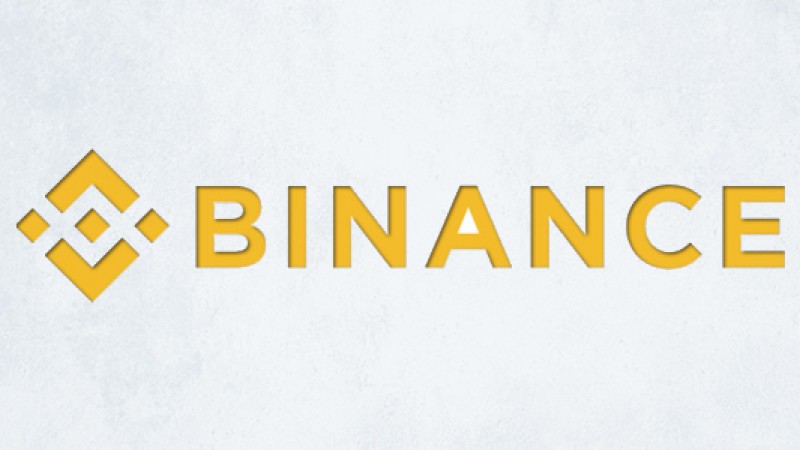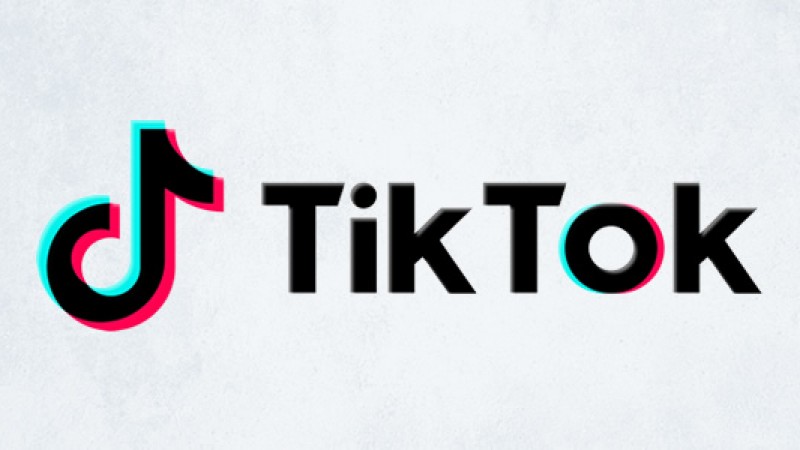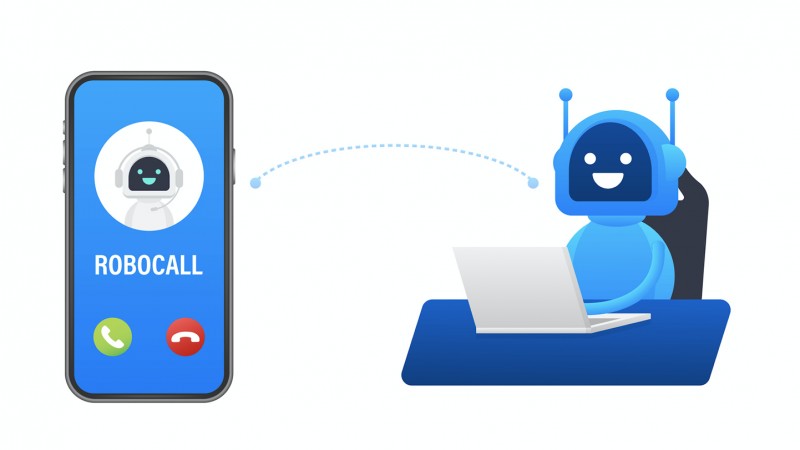- Details
- Written by Will from Holland
- Category: Articles

(and Using "Free" Services)
Randomly clicking links on the internet can get you in big trouble!
How? Ever heard of ransomware? Malware? Or of course the good old spyware and viruses?
Randomly clicking links or going to unknown websites on your computer, phone, or even smart TV can put you at risk of covertly downloaded software intended to damage or disable your computer or other devices.
If you surf the web to an unsafe place and malware is installed, you may be in trouble. Downloading an app with malware on your computer or smartphone may also lead you to trouble. And this applies to your Smart TV too.
Ransomware, also known as scareware, is malicious software that restricts access to the infected computer. If you get ransomware on your device, chances are these criminals could "lock" your device, keep your data hostage (photos, work files, login or payment details, etc.) and not release it until you pay up—usually in untraceable Bitcoins. Even companies can fall prey to this scam nowadays. And in some cases, the criminals don't even give you the unlock codes after you pay up... Bummer. (Tip: Keep a recent back-up of all your stuff in a separate place, always.)
If you get malware or viruses on your device, these scammers could retrieve your passwords, your (mobile) payment data, and have access to all your files. Nowadays, even malware exists that's capable of switching off your anti-virus software. I don't need to tell you what could happen next...
And to make it worse, the more devices you have connected to the web, the greater your risk. If scammers get into one device, chances are they will get into all your devices. Especially if they are connected through iCloud, Google, or similar services. Or through your IoT (Internet of Things)network's Amazon "Echo" or Google's "Home".
If you have your smart TV, fridge, home security system or printer connected to the web, chances are that if your devices are hacked or malware is installed, these IoT devices become vulnerable, too.
Of course, the scammers are mainly after your money. But they'll put their hands on anything they can get. Information is worth money, as you probably know, and criminals pay a lot for information on you (on the dark web).
The programs you download (or are downloaded underhandedly) are usually set up to monitor all your online activities, and most then share your personal information with third parties. Depending on the spyware, this personal info can include financial account and credit card information, online account access information, and even medical information.
But hold on: you can easily stop these things cold.
Stop going to unknown websites and clicking on random links. Don't fall for the clickbait links (eye-catching links to websites that then try to sell) on websites or offers that are too-good-to-be-true through social networks. You'll find that's how you get into trouble.
Don't open attachments from people you do not know. This has been said so many times, but don't. It almost always contains malware or ransomware.
Don't click on weird links or even weirder email or Skype messages from your friends or acquaintances. If you receive this stuff from your friend, their account is probably hacked and the link will get you in (aforementioned) trouble.
Update, update, update. Remember that any device connecting to the internet may need regular updating. Make sure to always run the latest security updates for all your devices!
Scan, scan, scan. Run your virus scanner, often.
For your IoT devices, if you must have all of these connected, make sure you connect them through one secure point, rather than connect them all to the internet. Use your phone as the hub, for instance. Then do make sure your phone is free of malware, of course.
More information on IoT hacks and attacks can be found here.
Stay up-to-date on the latest happenings in tech and scam land. New scams pop up constantly, so check our website regularly.
Check our additional resources on web security, too. They will help you stay safe in your digital home and keep your money in your pocket.
Remember that any device connecting to the internet may need regular updating.
That should be about it. Stop clicking links and opening attachments and you're on your way to some safe surfing out there!
Cheers, Will











